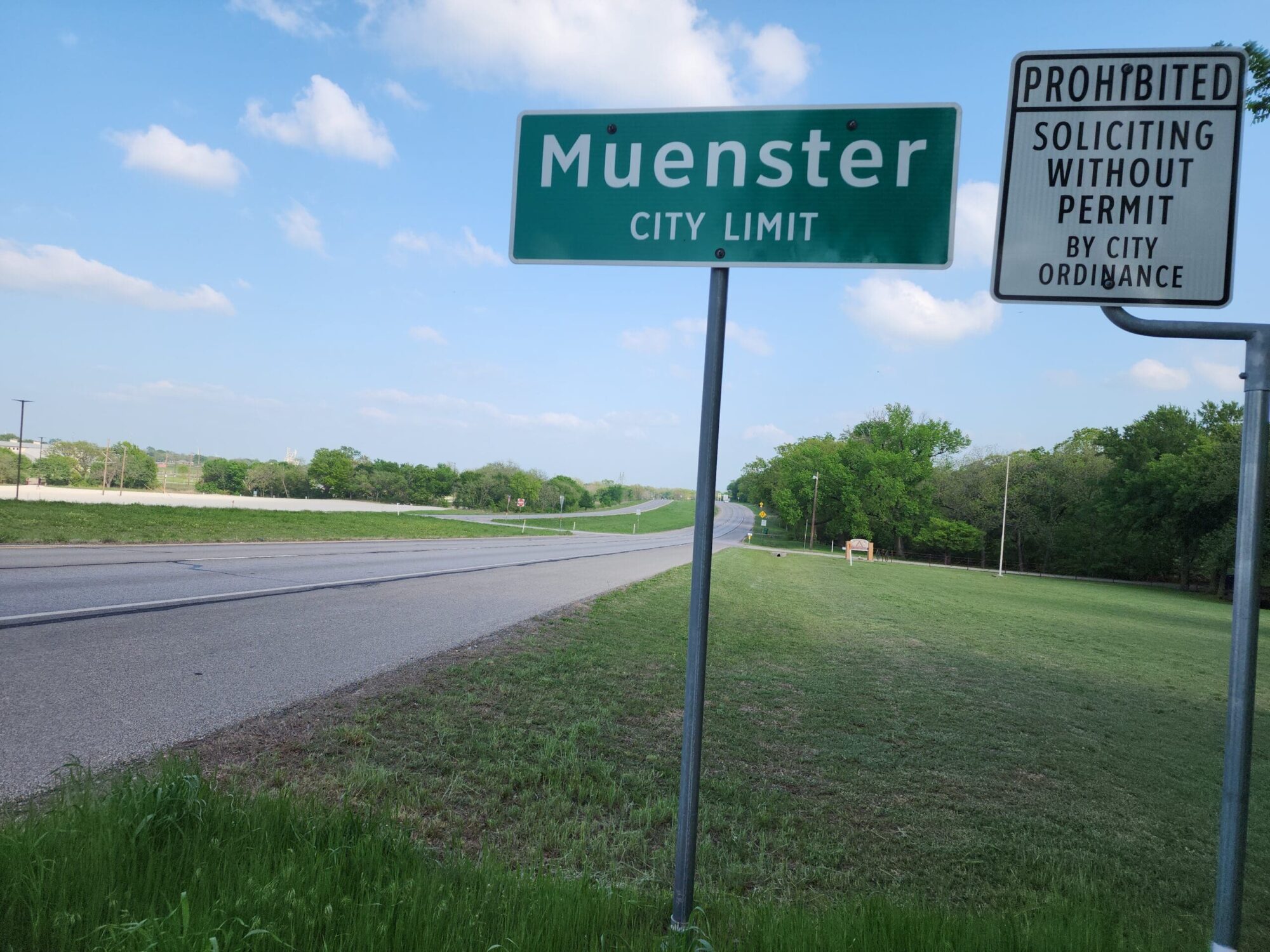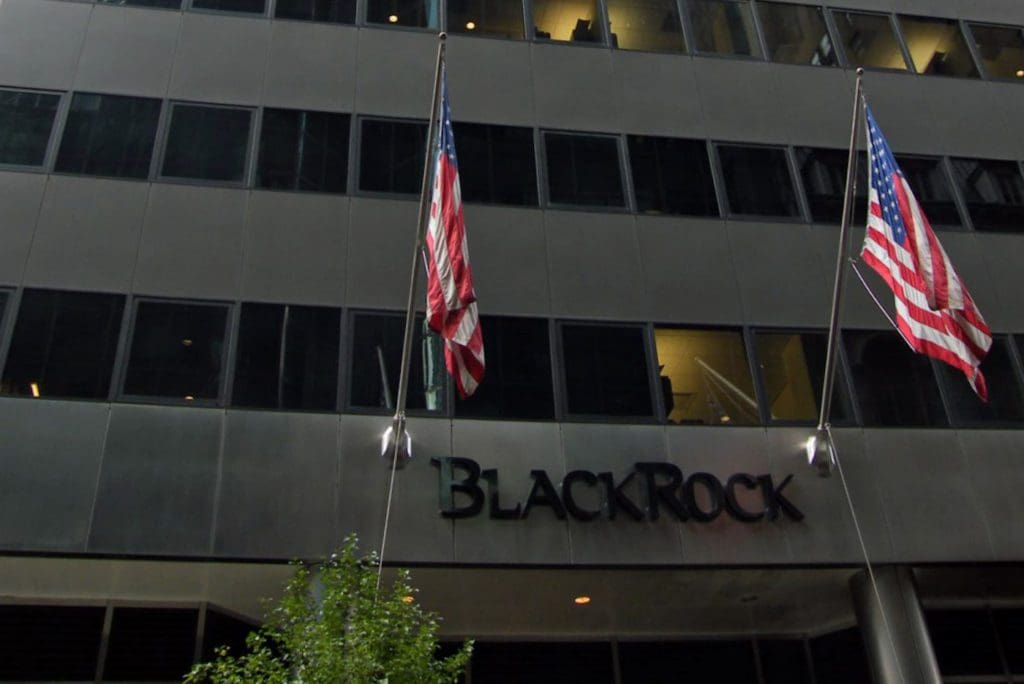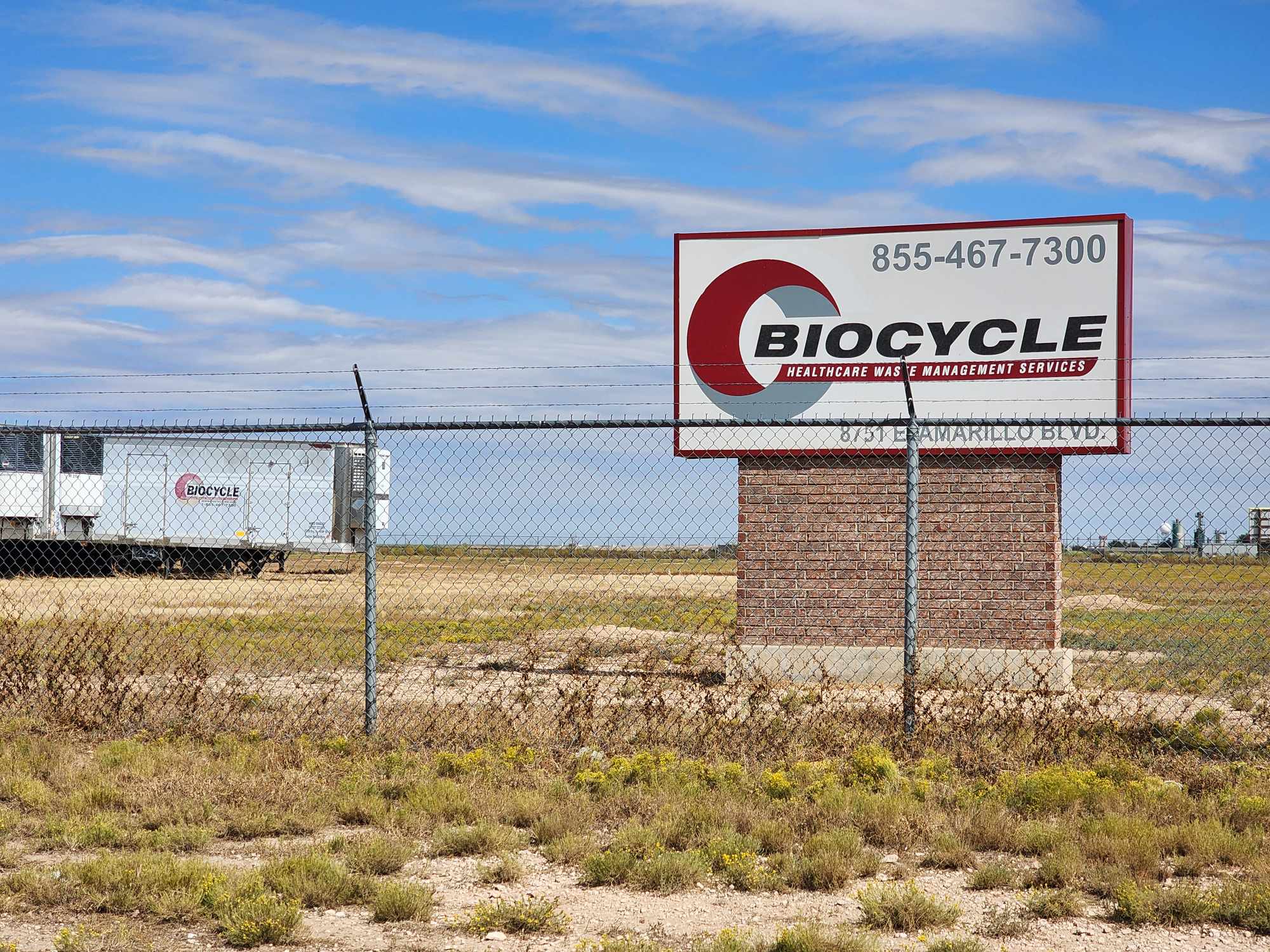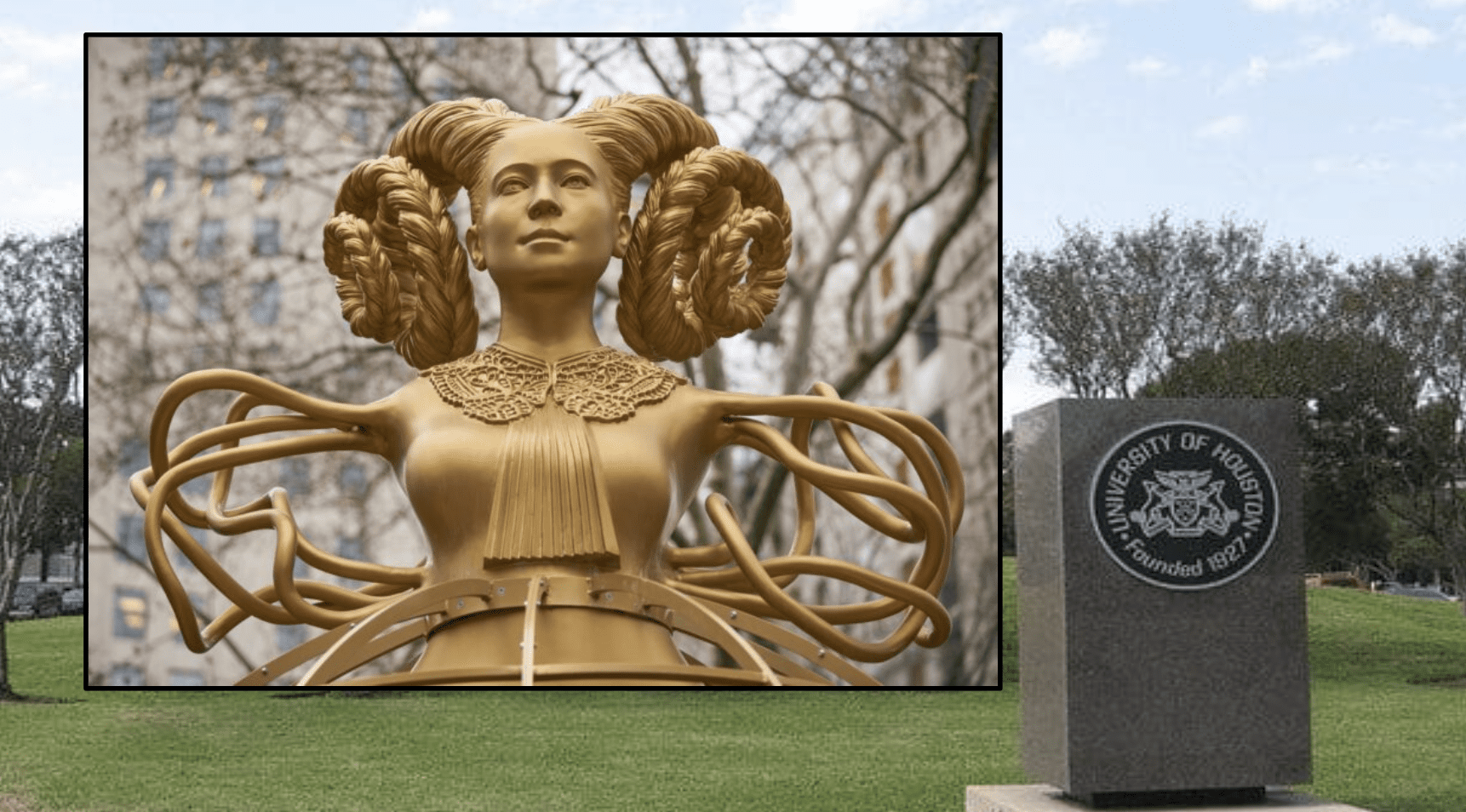Last year, Texas passed the Heartbeat Act, which forbids abortions after the child’s heartbeat is detectable. This outraged many abortion advocates, since the enforcement mechanism in the Heartbeat Act places the punishment on abortion providers and allows citizens to sue facilities and individuals who assist in killing an unborn child with a detectable heartbeat.
The issue brought renewed attention to the pro-life cause. In order to craft legislation that would meet and exceed legal challenges, close attention was paid to previously enacted pro-life legislation.
On March 18, State Rep. Briscoe Cain (R–Deer Park) sent cease-and-desist letters to “every abortion fund in Texas, reminding them that Texas law imposes felony criminal liability on any person who ‘furnishes the means for procuring an abortion knowing the purpose intended.’” Cain based these statements on pre-Roe v. Wade laws that remain on the books in Texas relating to abortion.
Cain then referred to the abortion funds as “criminal organizations” and said, “It is a crime to pay for another person’s abortion in Texas, and anyone who gives money to these abortion funds will be prosecuted.”
Attorney Jennifer Ecklund, representing several of the abortion funds Cain contacted—The North Texas Equal Access Fund, Lilith Fund for Reproductive Equity, The Afiya Center, Frontera Fund, The West Fund, Clinic Access Support Network, and Fund Texas Choice—-responded to Cain’s letter with threats of defamation suits.
Ecklund claims that Roe v. Wade struck down the provision in Texas law which Cain referenced in his letter, and that Cain is “making statements that are legally indefensible and factually false.” She demanded that Cain retract his statements or else her clients would be forced to “explore all legal options.”
However, Cain responded to Ecklund by refuting her claim, stating, “When a court declares a law unconstitutional, the law remains in place unless and until the body that enacted it repeals it.”
According to Cain, since the Texas Legislature never repealed its laws banning abortion and other actions aiding and abetting abortion, “the severability provisions of Texas law allow the state’s pre-Roe abortion statutes to be enforced in situations that do not violate the constitutional rights of abortion patients.” Although the court in Roe v. Wade enjoined the enforcement of Texas’ abortion laws against women seeking abortions, it did not wipe the law from the books and did not opine on portions of the law prohibiting third parties from paying for another person’s abortion.
Cain said he welcomes the legal challenge of these pre-Roe provisions and the chance to have “the judiciary set [Ecklund] straight.”
Meanwhile, the U.S. Supreme Court is expected to issue an opinion in Dobbs v. Jackson in June that could overturn Roe v. Wade. The case involves a Mississippi law prohibiting abortion after 15 weeks.
Thus far, opponents of the Texas Heartbeat Act have failed in their legal challenges against the law due to its unique enforcement mechanism.
Activist district attorneys throughout the state have refused to act on prosecuting child mutilation experiments and, due to a recent court ruling, could also refuse to prosecute voter fraud. Cain promised to address this in the next legislative session, suggesting that outside DAs be allowed to levy charges.





